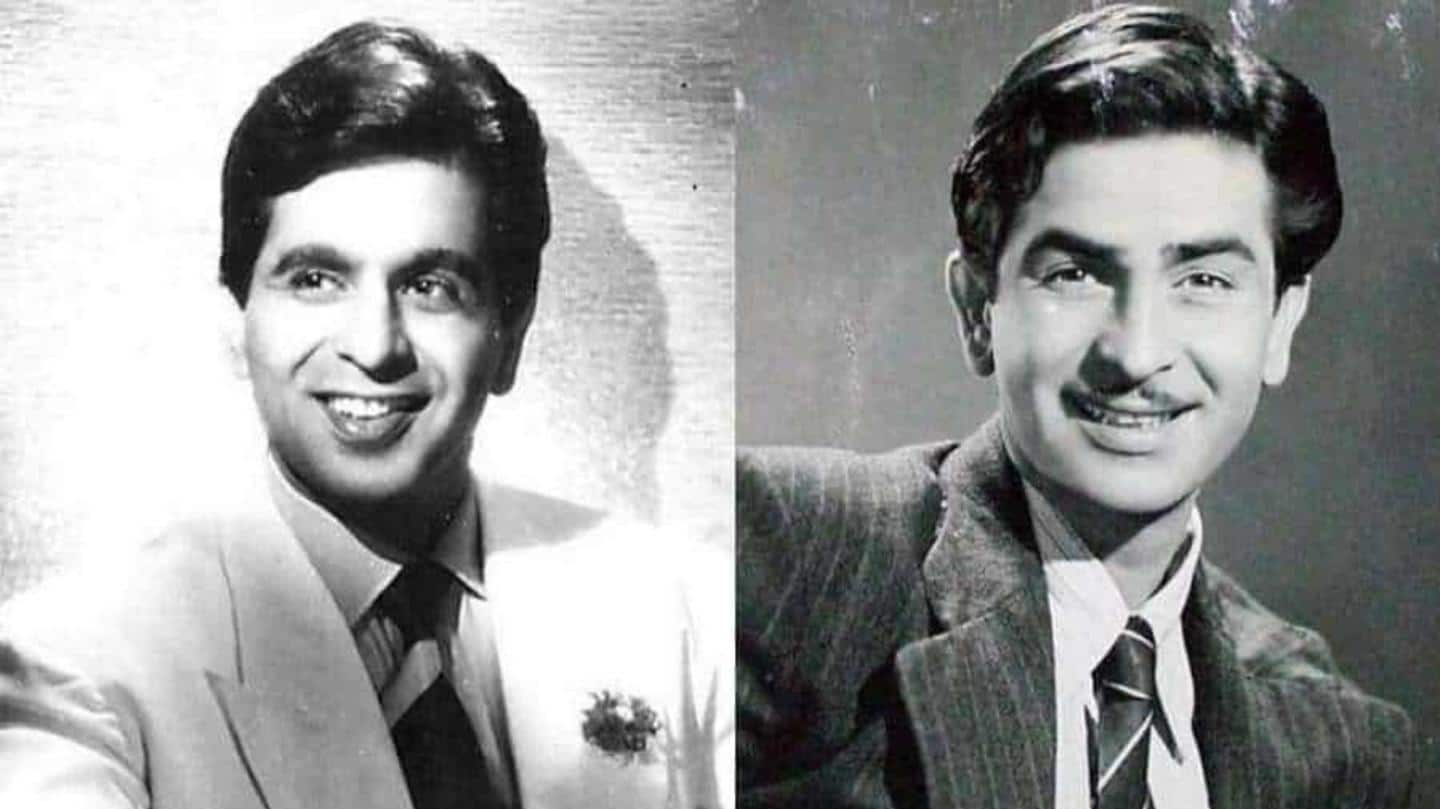
Pakistan to turn Dilip Kumar, Raj Kapoor's havelis into museums
What's the story
Pakistan's Khyber Pakhtunkhwa provincial government has begun taking formal custody of the ancestral homes of legendary Bollywood personalities Raj Kapoor and Dilip Kumar.
The havelis, which are situated in the heart of Peshawar, will be turned into museums.
The government will take over the properties soon, and the restoration will begin once the price is finalized with the current owners.
Notice
Government sends final notice to the current owners
Peshawar Deputy Commissioner Khalid Mehmud has issued the final notice to the current owners of both the havelis.
They have been summoned on May 18.
The owners will have an opportunity to contest the prices that the Khyber Pakhtunkhwa government has offered them.
The authorities might have to increase the price for the historic sites as the owners weren't satisfied with the deal earlier.
Deal
Pricing has been an ongoing issue for a while
To recall, the Khyber Pakhtunkhwa government had fixed the pricing for the purchase of Kapoor's 6.25-marla house at Rs. 1.5 crore.
Meanwhile, Kumar's four-marla house was priced at Rs. 80 lakh.
But the owners expected a higher price. Kapoor's homeowner Ali Qadir demanded Rs. 20 crore, while the owner of Kumar's ancestral house, Gul Rehman, quoted a price of Rs. 3.5 crore.
History
Raj Kapoor, Trilok Kapoor were born in the Kapoor Haveli
Kapoor's ancestral home Kapoor Haveli is situated in Qissa Khwani Bazaar. It was built by the actor's grandfather Dewan Basheswarnath Kapoor between 1918 and 1922.
It once had six floors and over 40 rooms.
The iconic building has been declared as a heritage site by the Khyber Pakhtunkhwa government.
Raj Kapoor and his uncle Trilok Kapoor were born in this haveli.
Details
Kumar's ancestral home is situated in the same locality
Meanwhile, Dilip Kumar's home is situated near Kapoor Haveli and is more than 100 years old.
The house, which is currently in a dilapidated state, was declared a heritage site by the Nawaz Sharif government in 2014.
The owners tried to demolish the building several times and construct a commercial complex instead. However, they were stopped as the archaeology department wanted to preserve it.